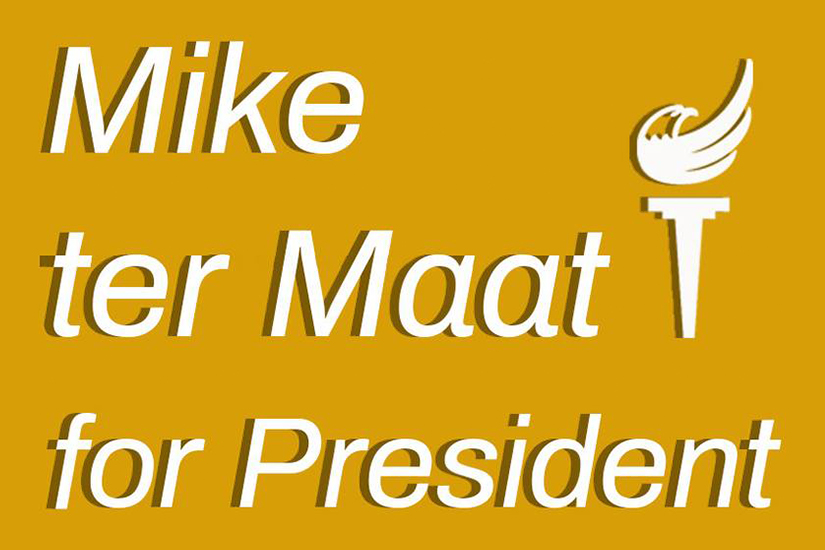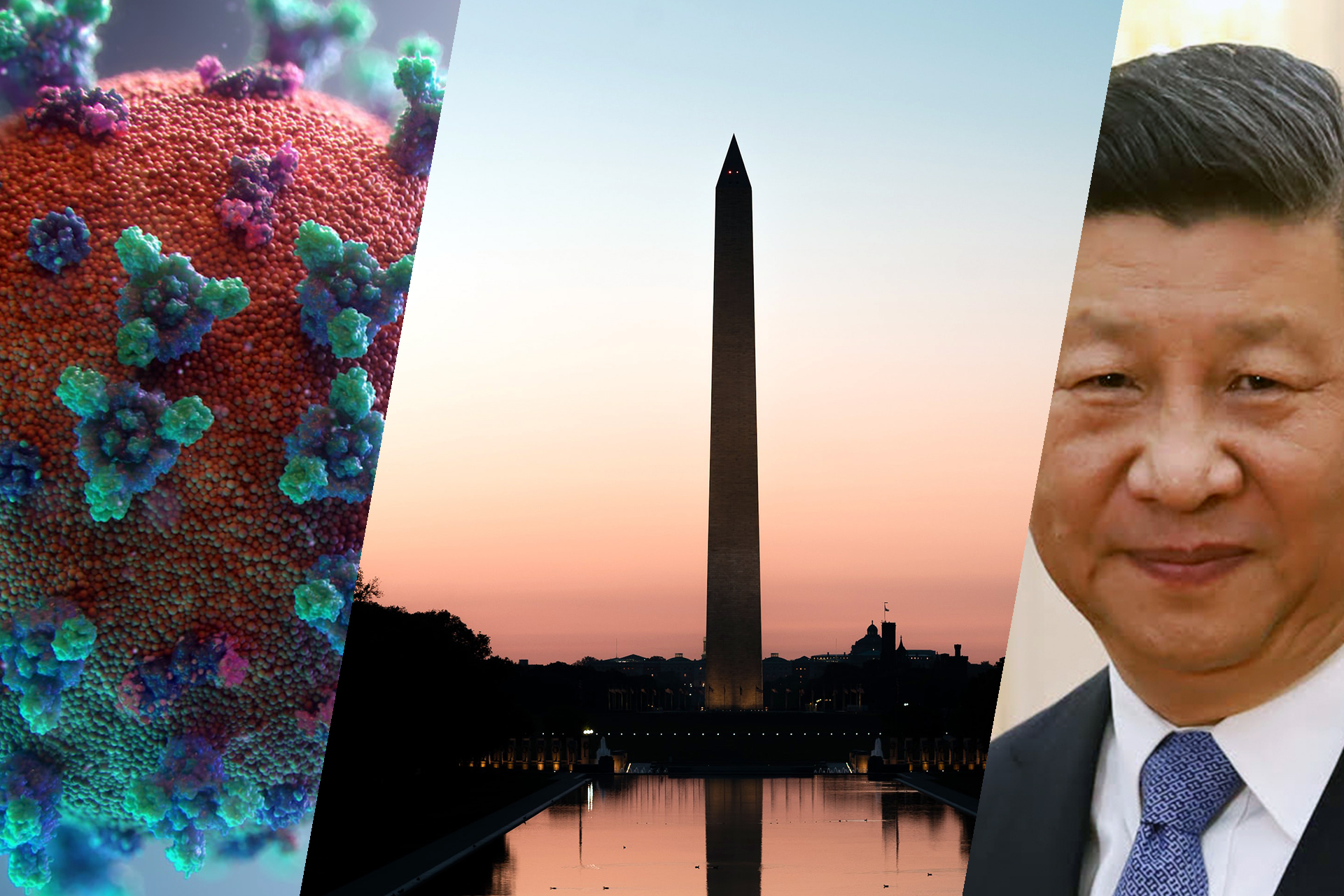Artificial Intelligence
Artificial intelligence technology is launching a boon to economic productivity. These productivity gains will accelerate income growth worldwide, including wage increases over the entire range of wage rates and throughout the developed and developing world. Some of this will necessarily involve job churn, as with the introduction of new technologies in the past. But as in prior technological revolutions, AI will not lead to lower rates of employment.
Artificial intelligence is a powerful tool that could be used for good or evil. LISA and countless other trained bots are examples of the former. However, there a multitude of paths to the latter, including AI in the wrong hands and AI becoming self-aware, self-interested, and self-motivated.
From a public policy perspective, one can easily imagine a government effectively weaponizing AI against its own population. It’s also easy to imagine politicians leveraging the fear of the unknown to regulate the use of AI in ways that stifle its potential for good. As LISA says, “The best way to ensure that technology is used for good is to have a government that respects individual liberty and freedom.”
See below for a discussion of some of the worries introduced by artificial intelligence.

FOBO? The WEF Predicts 44% Of Human Skills Will Be Replaced By AI In Five Years
by Tyler Durden
“It’s not so much about what AI can actually do (which is very little), it’s more about what the public is convinced that AI can do. Globalists argue that the “data economy” will replace all other functions of civilization and trade as AI takes over. But what good is data without application? The only application of such a system would be to manipulate or control popular perception. To make people believe things that are not true, to influence their behavior and to convince the public that they are no longer necessary. This is where AI technology shines. It’s not useful to industry, it does little to advance scientific discovery and it doesn’t make the lives of individuals easier; rather it is only useful to the globalist agenda.” https://www.zerohedge.com/technology/fobo-wef-predicts-44-human-skills-will-be-replaced-ai-five-years
British Godfather of AI, 75, QUITS Google over fears the 'scary' tech he pioneered 'may soon be more intelligent than us' - as scientist likens himself to Oppenheimer creating first atomic bomb.
by Luke Andrews
“Geoffrey Hinton, 75, is credited with creating the technology that became the bedrock of A.I. systems like ChatGPT and Google Bard. But the Turing prize winner now says a part of him regrets helping to make the systems, that he fears could prompt the proliferation of misinformation and replace people in the workforce.” https://www.dailymail.co.uk/sciencetech/article-12033889/Godfather-AI-resigns-Google-filled-regret.html
IBM to Stop Hiring for Roles That Can Be Replaced by AI; Nearly 8,000 Workers to Be Replaced by Automation
by Tyler Durden
“One month ago, to much dismay and widespread denial, Goldman predicted that AI could lead to some 300 million layoffs among highly paid, non-menial workers in the US and Europe.”
12 Risks and Dangers of Artificial Intelligence
by Mike Thomas
“Risks of Artificial Intelligence
- Automation-spurred job loss
- Deepfakes
- Privacy violations
- Algorithmic bias caused by bad data
- Socioeconomic inequality
- Market volatility
- Weapons automatization
- Uncontrollable self-aware AI”
https://builtin.com/artificial-intelligence/risks-of-artificial-intelligence
9 Famous Analytics and AI Disasters
by Thor Olavsrud
“Understanding your data and what it’s telling you is important, but it’s also important to understand your tools, know your data, and keep your organization’s values firmly in mind.” https://www.cio.com/article/190888/5-famous-analytics-and-ai-disasters.html



